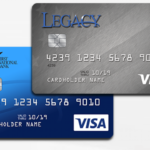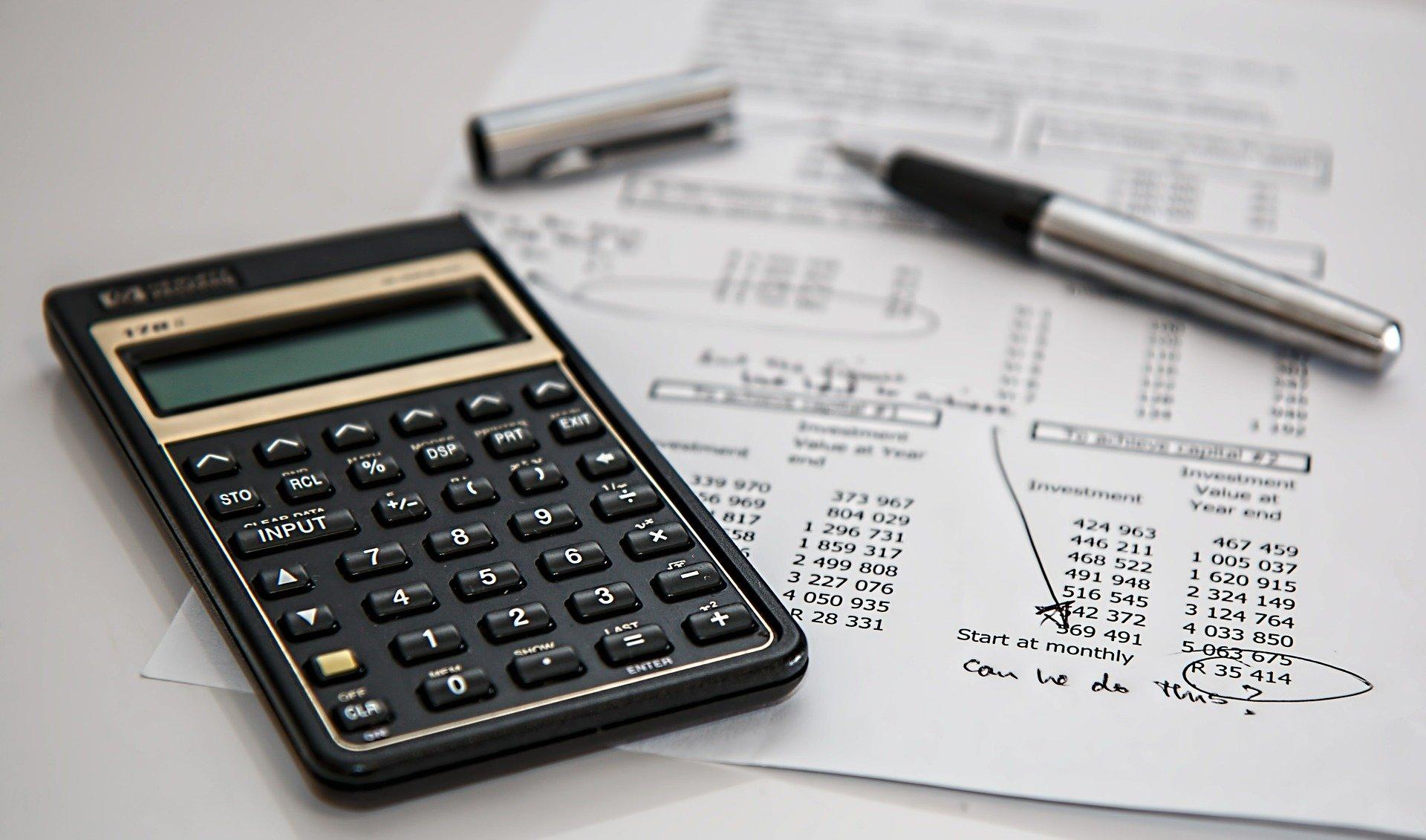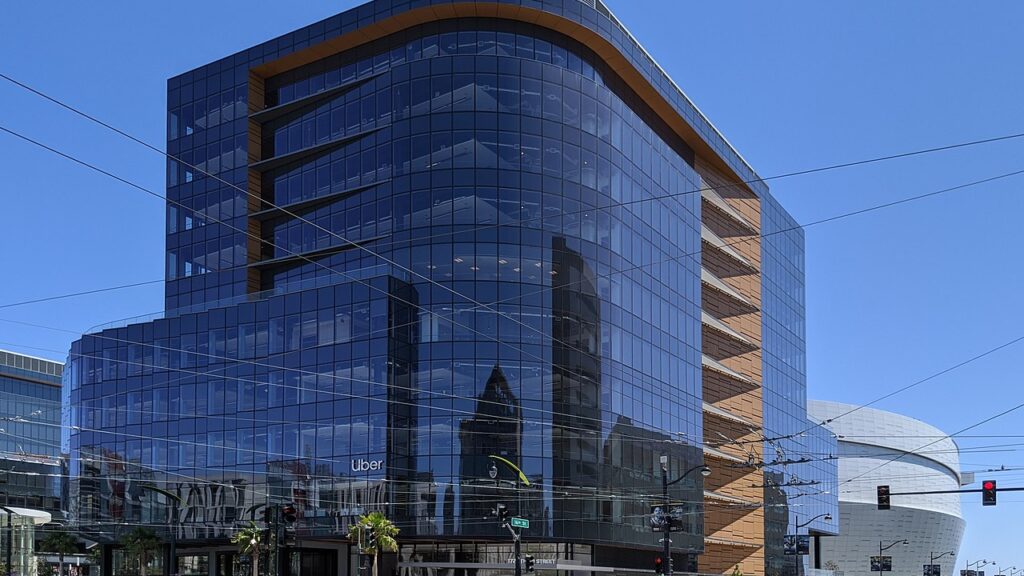Do you know what sunk costs are? Luckily, this article will teach you all about sunk costs and what it means. A sunk cost is basically a cost that has already been committed and cannot be regained in business decision-making.
What Are Sunk Costs?
In economics and finance, sunk costs are bygones and you should not consider them while deciding whether to pursue an investment project. Expenses on rent, payroll, research, marketing, advertising, and purchase of equipment and machinery are all examples of sunk costs.
All sunk costs are fixed costs, even if you can resell or return tangible items like a piece of equipment. In addition, the cost basis of a previously installed asset will most likely alter the depreciation rate used in an after-tax economic analysis.
Sunk costs aren’t something you should consider in future business decisions. This is because the cost remains constant regardless of the decision’s result. The sunk cost phenomenon stems the principle that one has to spend money to make money. There is a sunk cost fallacy of throwing good money after bad investments. This means that if further investment into a certain business activity will work eventually, then the earlier investments will not be in vain.
Unrecoverable Costs
Organizations should only consider future costs such as inventory purchase costs or product pricing. These are relevant costs and are contrasted with the potential revenue of one choice compared to another.
The original sum one invests is sunk cost. Once spent, these costs shouldn’t affect future pricing decisions. The sunk cost creates a barrier to entry. If an entrant fails and cannot recover sunk cost and incurs great losses, this may soften the reactions of organizations already in the industry.
Sunk costs are the money that has already been spent for investing and aren’t recoverable. Sunk costs or expenses that incurred earlier in any manner should not be used as a basis for making future business decisions.
Personal Example of Sunk Cost
A simple example of a sunk cost involves purchasing a ticket to watch a basketball game. Suddenly, you have an emergency and cannot go to the stadium. The cost of purchasing the ticket is a sunk cost, as it cannot be recovered.
Sunk Cost in Business
In businesses, research and development costs are sunk costs, as there is no way to recover these costs. For example, company ‘Z’ has spent a large sum of funds on a specific project ‘X,’ but this project could not yield any result. The company ‘Z’ can choose to consider the investment in the project as a sunk cost and move to a new project. Assume the corporation considers the sunk cost and continues to explore the same project hoping that additional research will produce the promised outcomes. In that case, it may lead to even higher losses.

























































